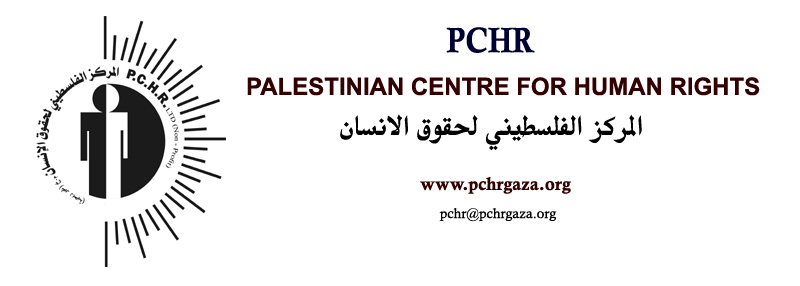Category: Action Alerts
-
ACT NOW ! Ask the UN to drop G4S
December 9th, 2015 | Codepink, BDS Movement | Occupied Palestine G4S, the largest private security company in the world, is involved in brutal human rights violationsat detention centers worldwide, including in Israeli prisons where Palestinian political prisoners and children are tortured and held without trial. The U.N. officially opposes these violent and illegal practices, yet…
-
ACT NOW. To Save Palestinian refugee in Saudi Arabia from death penalty after unfair trial
7th December 2015 | Palestinian Centre for Human Rights | Press release On 17 November 2015, a Saudi court sentenced to death a Palestinian Refugee, Ashraf Fayadh (35), for alleged blasphemous statements during a discussion, which are also mentioned in his poetry. The Palestinian Centre for Human Rights (PCHR) calls upon you to participate in the…
-
Hamze Marwan Abdomousa is asking for your support!
30th November 2015 | International Solidarity Movement, Ramallah Team | Ramallah, occupied Palestine UPDATED: 28.12.2015 22 year old Hamze is still in prison after obtaining a 1 year sentence. The court also ruled he must pay a fine of 4.000 shekels (or USD $1.023) before the end of December, in order to be freed by…



